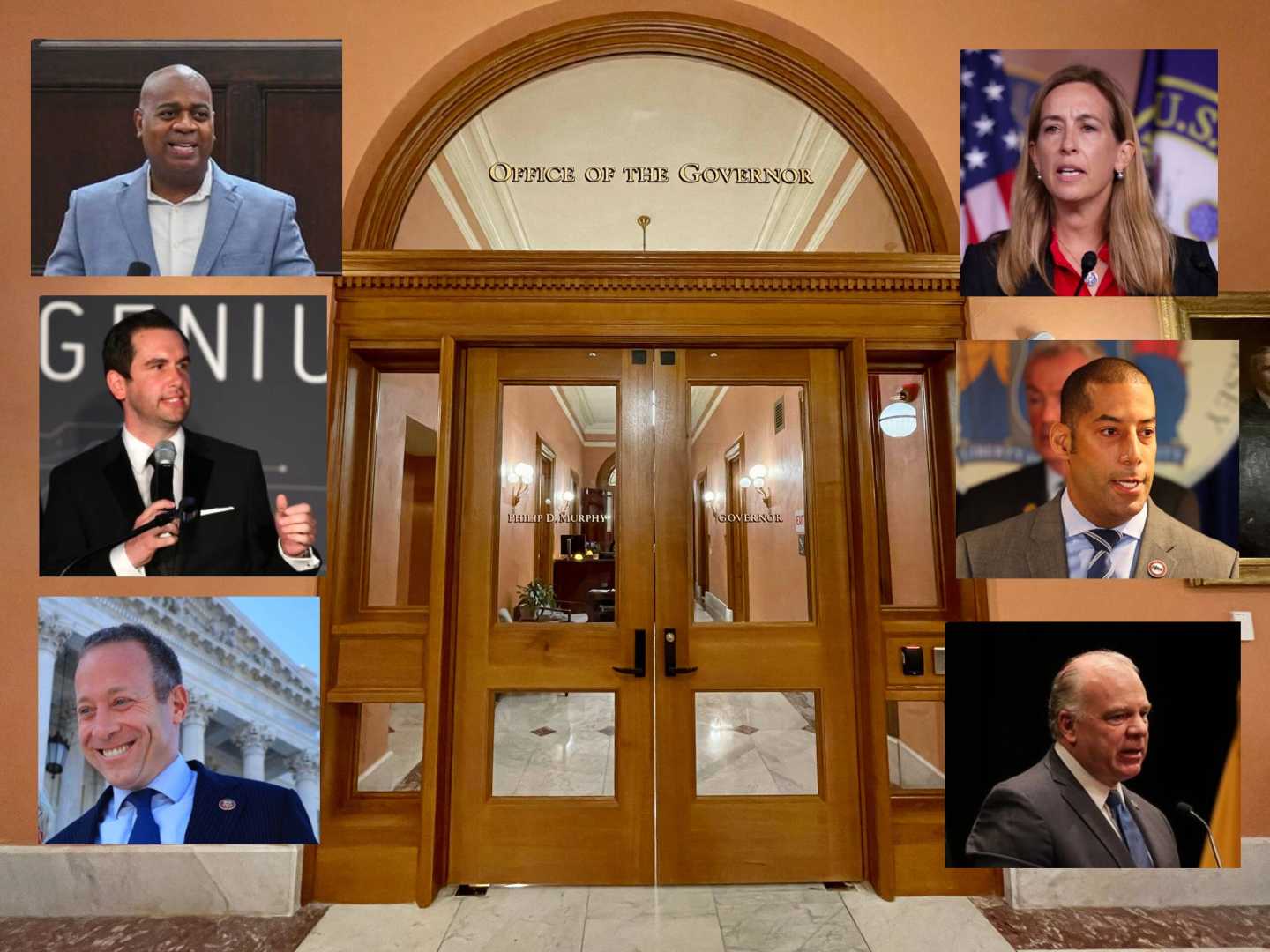Politics
New Jersey Gubernatorial Race: Candidates Face Unique Political Challenges

Trenton, New Jersey — As the 2025 gubernatorial election approaches, the New Jersey political landscape is heating up with six Democratic candidates vying for their party’s nomination. This year’s race stands out due to the current dynamics within the party and contrasting challenges when compared to the Virginia gubernatorial election.
Virginia has seen a shift toward blue in recent elections, while New Jersey’s political alignment has shifted rightward. In Virginia, Abigail Spanberger is expected to capture the Democratic nomination with no primary challengers, benefiting from the state’s Republican governor and ongoing layoffs attributed to the federal administration.
In New Jersey, outgoing Governor Phil Murphy‘s Democratic successor will face unique political hurdles. With the current political landscape largely picked clean of easy wins, New Jersey Democrats must navigate a tougher arena. Key issues like education and the minimum wage are already addressed, raising questions about what a new governor could realistically accomplish.
The crowded Democratic primary features prominent figures such as Mikie Sherrill, Steven Fulop, and Josh Gottheimer, all of whom have varied appeal and strategies. Sherrill, a Congresswoman, is seen as pragmatic; Fulop, the Mayor of Jersey City, champions housing reform; and Gottheimer often emphasizes fiscal moderation, but his race lacks a clear educational policy approach.
Among the primary candidates, Sean Spiller represents the New Jersey Education Association, raising questions about how candidates will distinguish themselves on educational issues without alienating union support. Recent trends show Democrats are struggling to retain their previous advantage over education policy.
Education remains a top concern for voters, yet candidates tend to shy away from bold proposals for fear of offending powerful unions. Current sentiments reflect the need for Democrats to reclaim their edge on education, an area where they have lost significant trust due to perceptions around past educational policies and pandemic responses.
Candidates are promising commitments such as high-impact tutoring and mental health resources for schools. They recognize the growing challenges students face, including learning loss and mental health struggles exacerbated by the pandemic.
Despite these promises, concerns linger about whether these solutions adequately address broader issues like school accountability and educational standards. With Gottheimer’s campaign focused on cutting taxes, it raises questions about funding for schools.
The New Jersey race diverges sharply from Virginia’s largely straightforward contest, with New Jersey Democrats facing legislative headwinds and an energized electorate demanding decisive action and accountability. With the primary season well underway, candidates must navigate a complex political environment if they hope to secure a victory in this key election.












